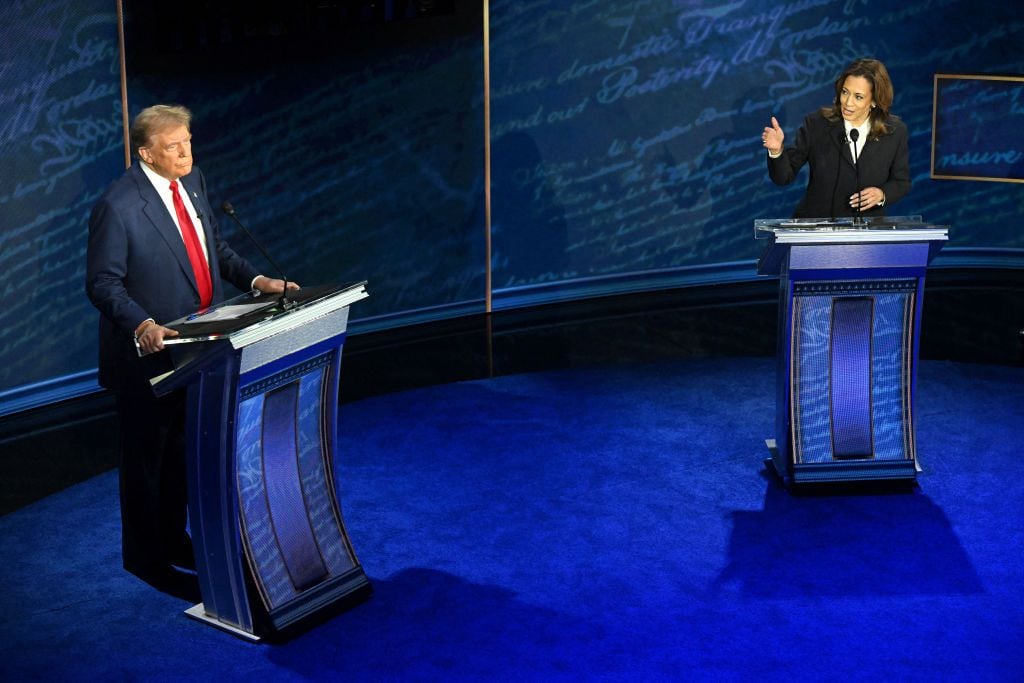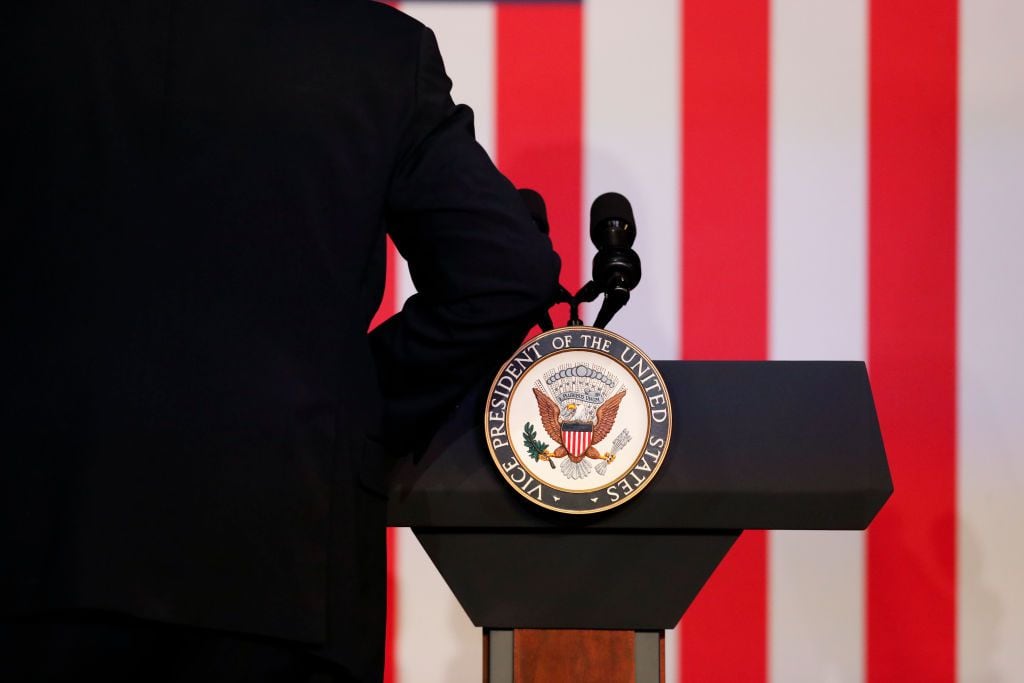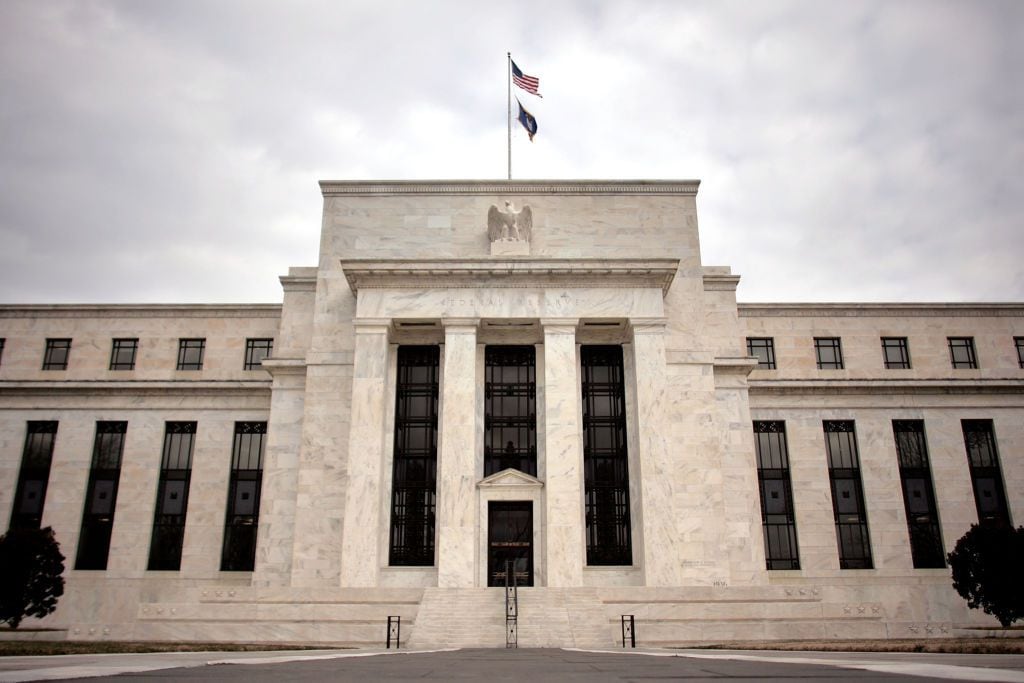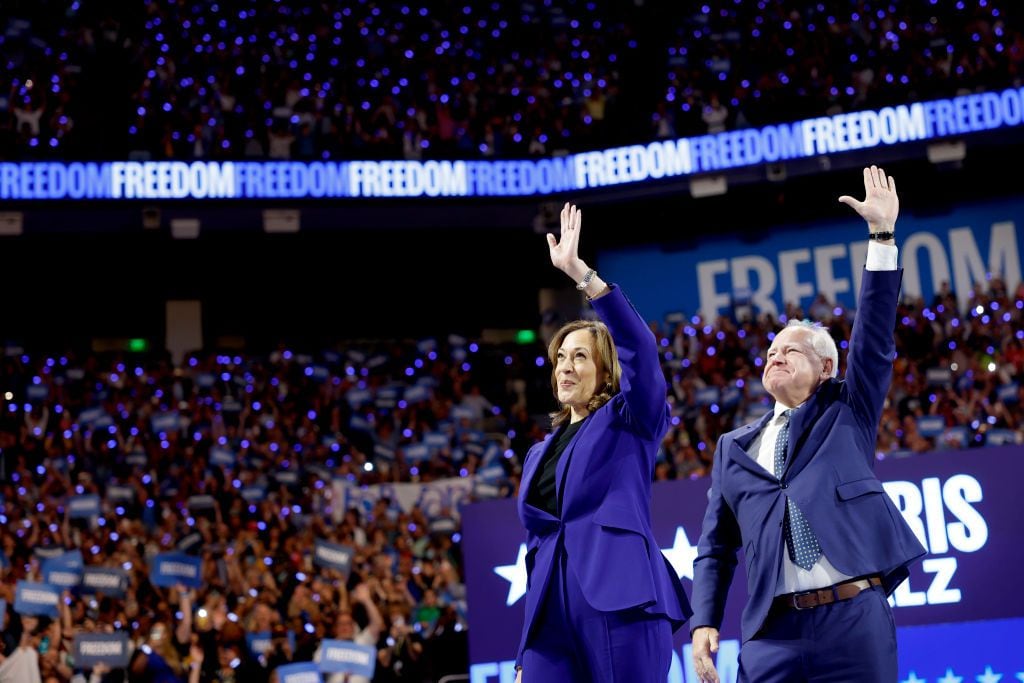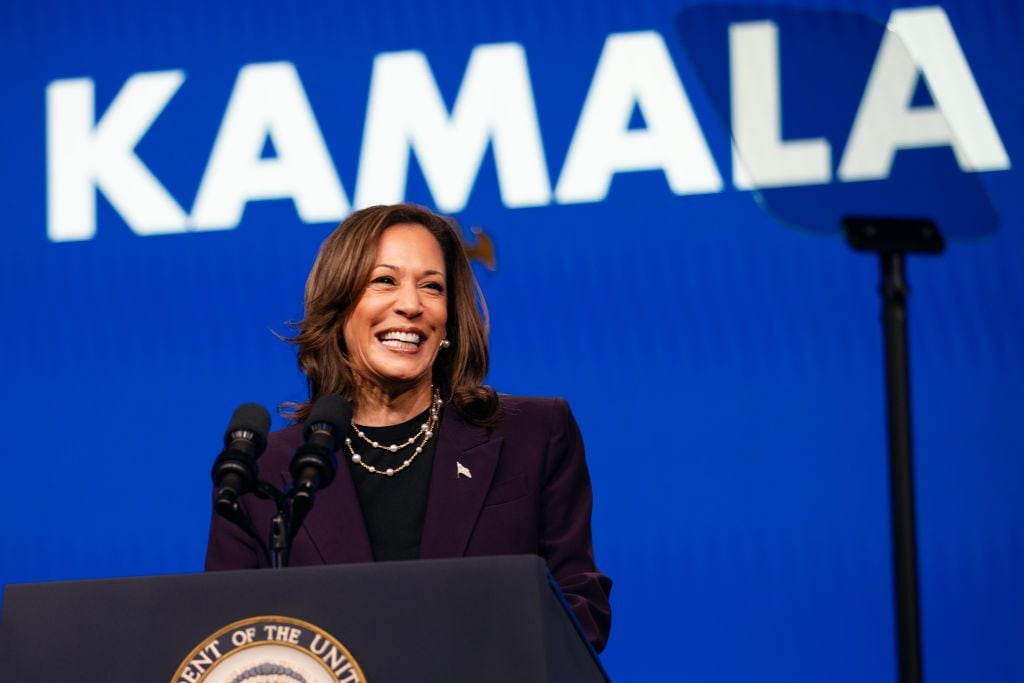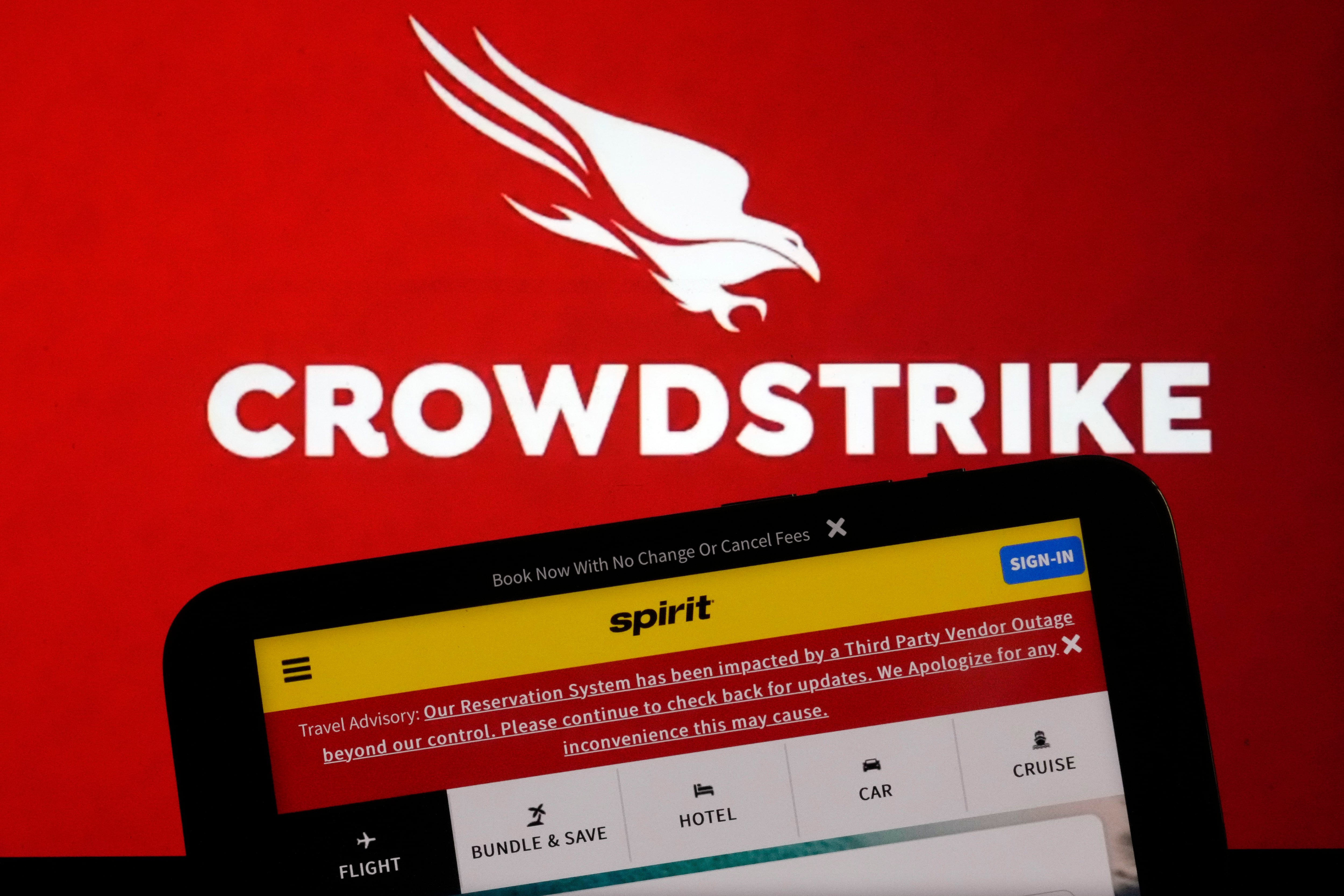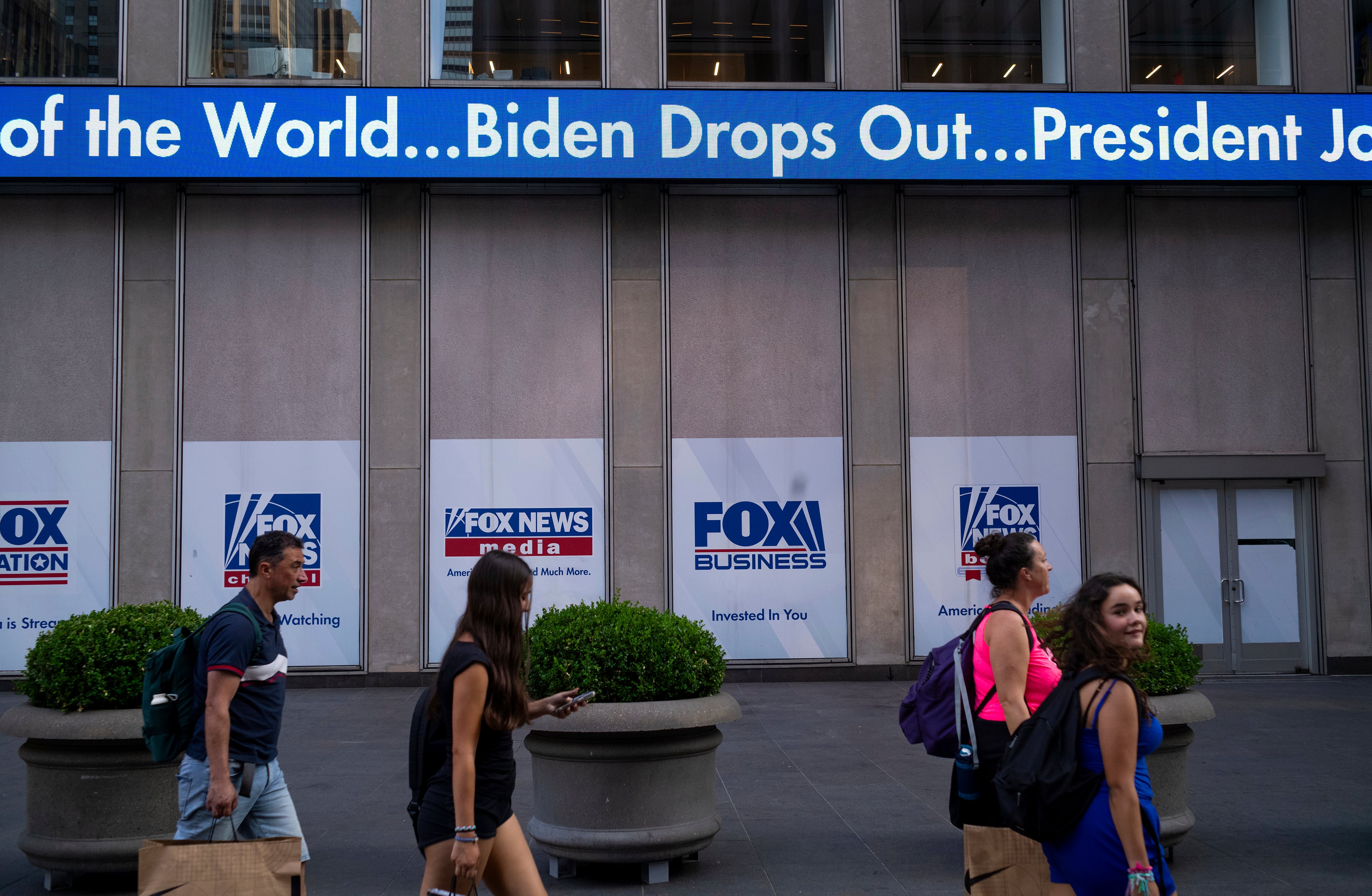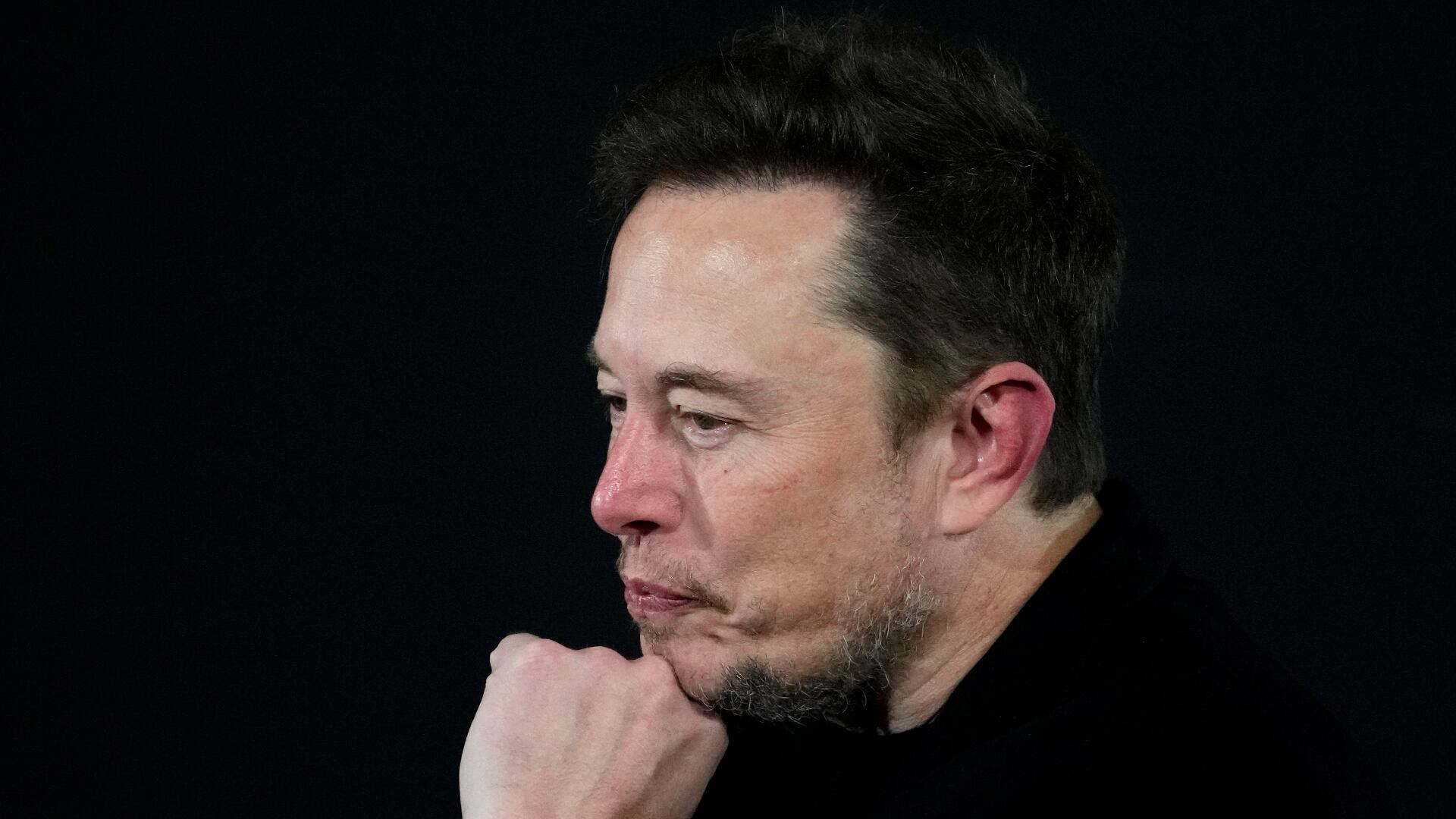The U.S. Supreme Court's decision Monday that employers cannot discriminate in hiring due to a candidate's sexual or gender preference was a surprising revelation for many Americans, including Sarah Kate Ellis, the president and CEO of GLAAD.
"It was groundbreaking. It was historic today," she told Cheddar.
Still, Ellis said this is just a small part of the rights challenges members of the LGBTQ community face.
"We're debating whether or not I can be fired from my job at the Supreme Court simply because I'm gay. It shouldn't even be a discussion," she said.
The historic decision came just days after the Trump administration rolled back healthcare protections for transgender people under the Affordable Care Act -- a move which Ellis said is in line with the president's broader dismissal of LGBTQ people throughout his term.
"This administration has attacked the LGBTQ community 150 times with both policy rollbacks and rhetoric since he's come into power," she said.
As demonstrators across the nation call for social justice and equality this June, Ellis said that it is important for Pride month supporters to remember where it started.
"Pride is a protest, and we need to be on the streets," she stated. "We have to go back to our roots this one. This Pride especially."
She noted that 14 members of the trans community have been violently killed so far this year.
In 2020, a year unlike any other with a pandemic canceling Pride celebrations and calls for social justice amplified throughout the nation, Ellis tasked people to come together now to force real change.
"Our community is our power. Our identity is our power," she said. "We need to be fighting for Black Lives Matter, for our trans community. We have to be standing up for each other right now, and we need to be locking arms as marginalized communities."
